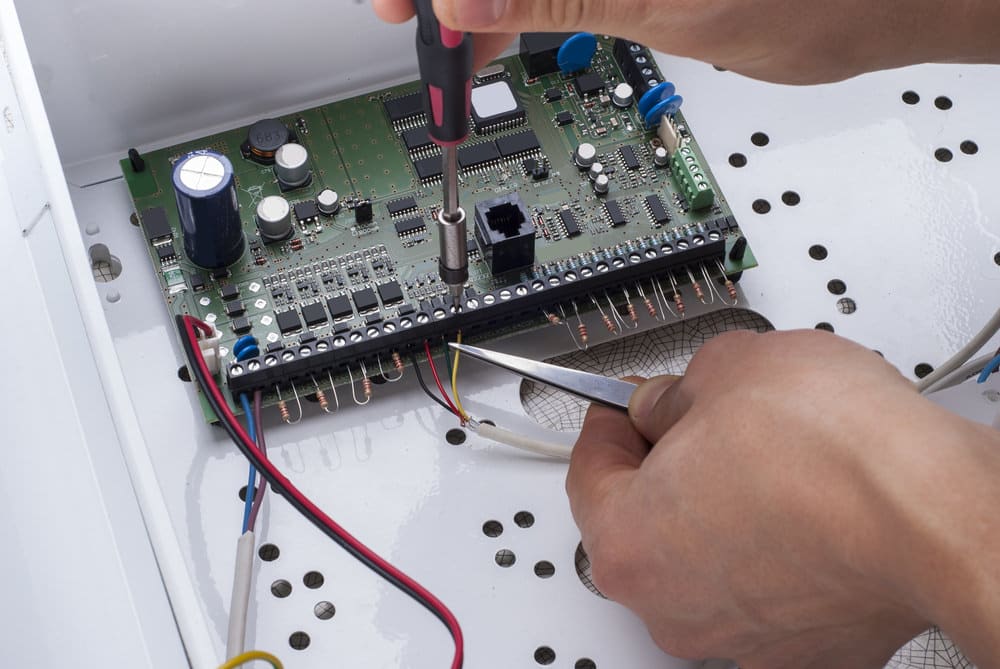

You’ll hear the term ECU bandied about in automotive circles, but what does it mean? The most basic definition is “electrical control unit” (ECU) which is a generic term applied to any system that controls a system or subsystem on the vehicle. This works in tandem with the TCU (transmission control unit) to control the entire vehicle. Many automakers combine the two into a PCM, or powertrain control module.
What does the ECU do?
Really, you can think of the engine control unit as one part of your car’s brain (it’s responsible for controlling the engine). Technically, the engine control module is an electrical control unit, but so is the TCU and a number of other controllers aboard your car.
Your ECU is responsible for monitoring all aspects of engine operation, making adjustments based on driver input, and more. It reads the amount of airflow entering the engine to adjust the throttle and it controls the Check Engine Light (at least partially). It also manages ignition timing, idle speed, variable valve timing, electronic valve control and more. Information is sent to the ECU from sensors located throughout the engine bay that do everything from measuring coolant temperature to camshaft position.
In short, the ECU has a huge impact on your vehicle’s operation, including everything from the available power to emissions control.
Some ECUs are upgradable through “flashing” them to change their firmware. This method is used to enhance performance beyond what the automaker intended. However, upgrading an ECU is not something that should be done outside of a specialty automotive shop.



